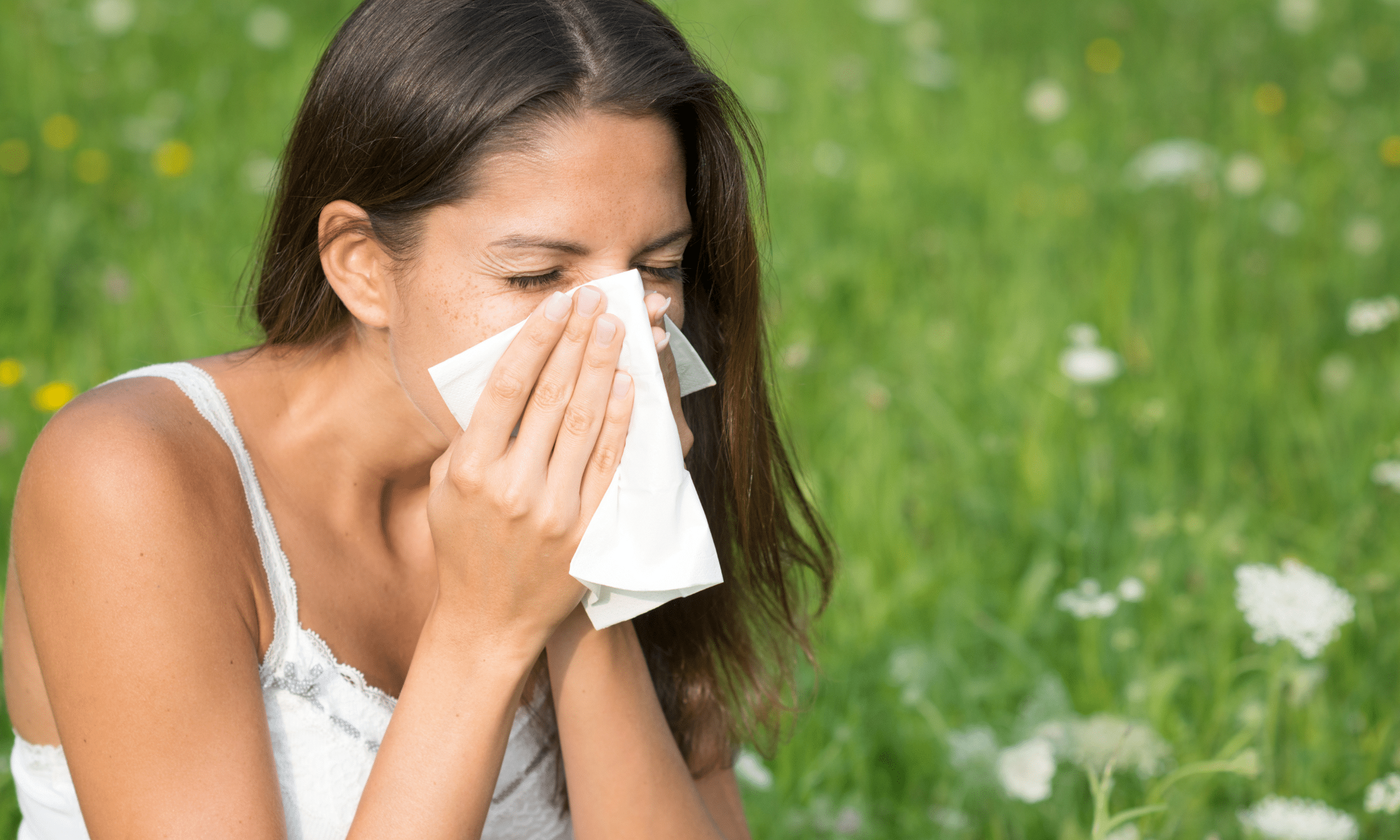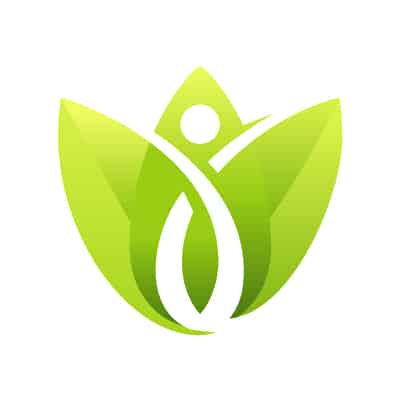Did you know 3 million Australians struggle through spring and summer with hay fever?
Watery eyes, running nose, a fit of sneezing and you just want it to stop. Then there is the itchiness! Hay fever symptoms can be quite consuming and impact your lifestyle. You are not alone. Did you know that about 15 percent of the adult population suffer with hay fever symptoms through spring and summer time? That is three million Australians!
So, what is causing these allergic reactions?
Well, the things that we are allergic to are generally common everyday substances that our body recognise as a threat and reacts to. These substances are known as allergens and are found in dust mites, pets, pollen, insects, ticks, moulds, foods, and some medicines. The reaction can vary from mild to life threatening (anaphylaxis).
In these warmer months, pollen is a major cause of hay fever and in particular, grass pollen. Whilst Brisbane’s pollen season lasts most of the year, January to March is said to be the peak.
How do you manage your hay fever during spring and summer?
Here’s some tips on managing pollen related allergies:
- Don’t hang laundry outside — pollen can stick to sheets and towels.
- Use air conditioning in your house and car
- Avoid outdoor activity in the early morning when pollen counts are highest.
- Stay indoors on dry, windy days.
- Use a dehumidifier to reduce indoor humidity.
- Wear a dust mask when cleaning house or gardening.
(Tips courtesy of the Mayo Clinic)
What if you don’t know the source of your allergies?
It’s important to understand what is causing your allergy to spike. There are some simple tests that your Doctor can do such as a skin prick test or specific blood tests that may determine the cause.
Knowing your allergy means that you can get the correct treatment.
If you are experiencing severe allergic reactions, you should always consult your Doctor.
Take care this spring and summer!
Learn More about: Allergy Testing





















